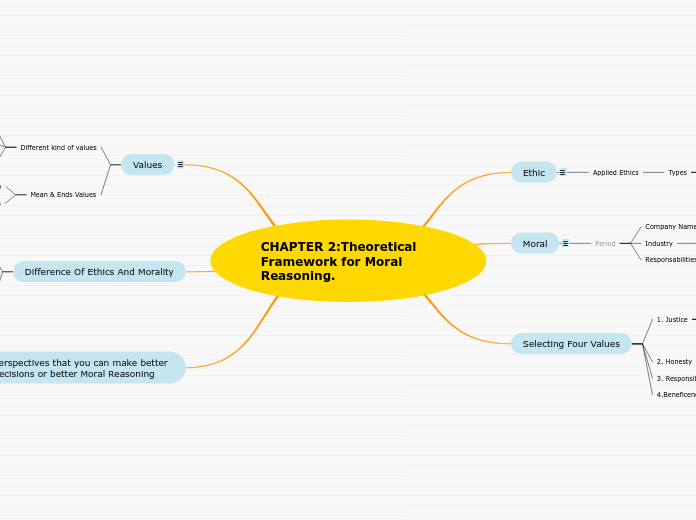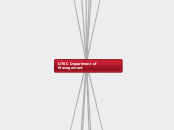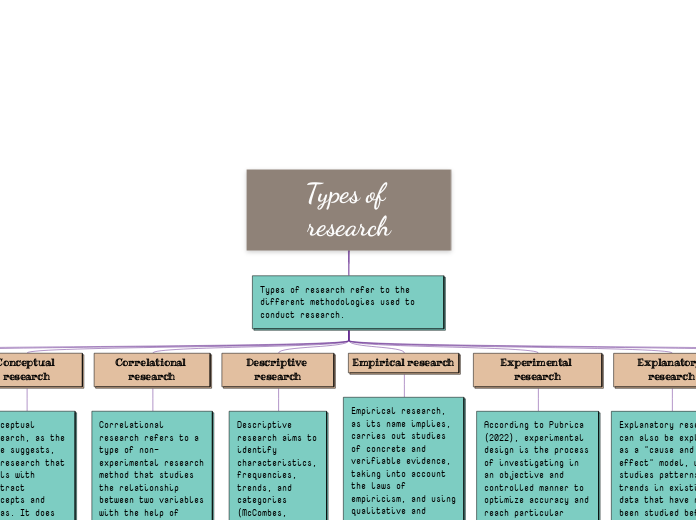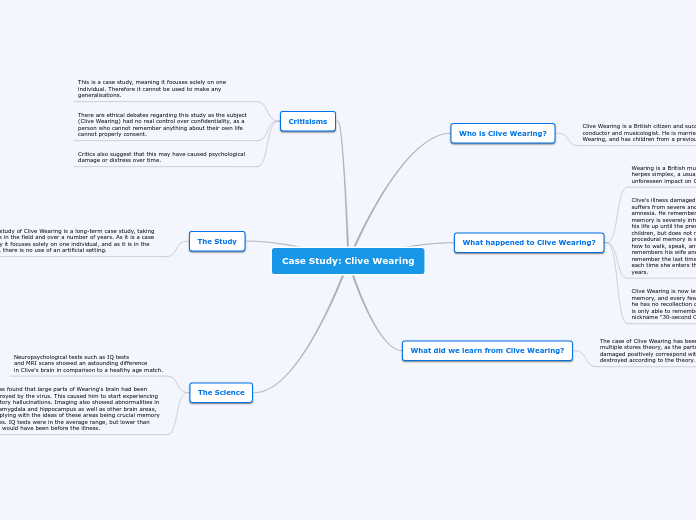Protect identity of participant
Right to withdraw information at any time
Interviewers must always be professional
Ethical Guidelines
Confidentiality and withdrawal rights of participants must be upheld
Must respect general psychological guidelines
No deception; consent needed; no physical/mental harm
Participants must know true aims and purpose of experiment by the end
Inductive Approach
Analyze/theorize connections
in data after it is gathered
how people experience situations
"describe meanings attributed to events
by the participants themselves"
Gather qualitative data through
research questions
Deductive Approach
Independent and Dependent Variables
"A claim tested against empirical
evidence that can be accepted or rejected"
Goal: test a theory/hypothesis
Gather empirical data through experiments
Research Methods in
Psychology
Experimental Methods
Types of
Experiments
Natural Experiments
Done in medical research
Research behavior of children who have been kept
in isolation by their parents
No manipulation/control of variables
Researchers only sit and observe
Takes place in natural environment
Laboratory Experiments
Scientists must be able manipulate variables so
certain theories can be tested (not always natural)
Mice made to run through maze multiple times
to test reactions to decision making under pressure
Strict control variables
Takes place in a laboratory
Field Experiments
Used in social experiments
Setup to see if people in a subway train would hep
an "intoxicated veteran" versus a "lame veteran"
Researchers can manipulate variables
Take place in natural environment
Non-Experimental Methods
Types of
Interviews
Unstructured Interviews
Used when specific information needed
is unspecified/unnecessary
Study on why students choose to
go to IB schools in the United States
Interviewer can change/ invent
questions throughout interview
Very informal
Only time and topic are predetermined
Semi-Structured Interviews
Used when elaboration is needed from participants
Conducting a study on depression affects
on teenagers, aged 13-19
Preferred in modern psychology!
"Conversation" between
interviewer and participant
Questions can be both
open-ended or closed
Structured Interviews
Example
Used when yes/no data is needed and compared
Conducting a study on television viewership
for high school students in East Hartford, CT
Strengths and Weaknesses
Key Ideas
Interviewer may only provide guidance to participant
Predetermined order and format of questions
Very formal









